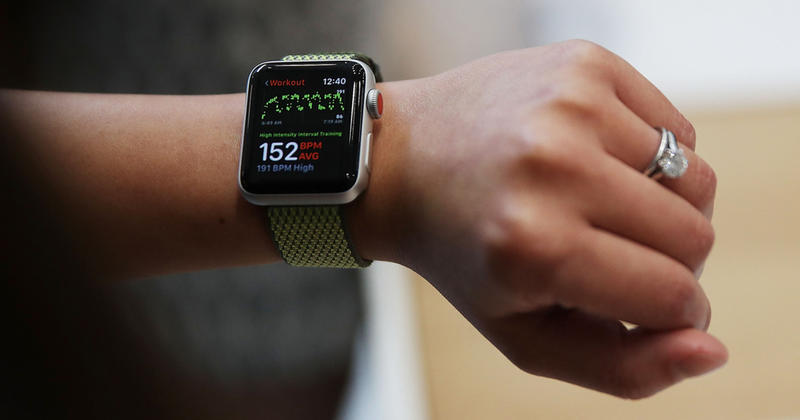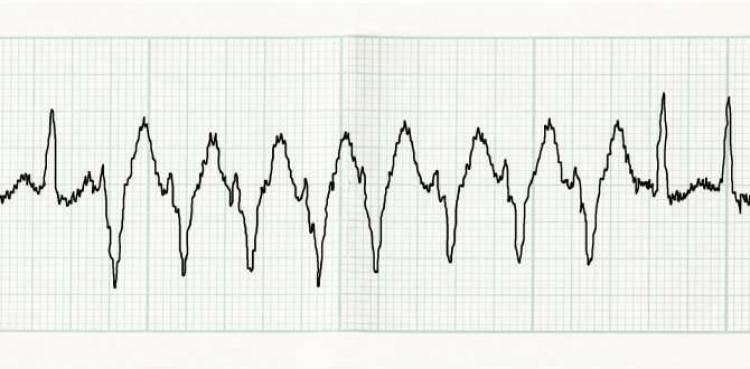A watch is something every adult should own as a way to show their professionalism and maturity. From plainly telling the time, to letting people know that you are a serious person, a watch has many benefits, but could you ever imagine your watch saving your life? There might be a watch that can.
While Apple watches are miracles in their own right - allowing us to message from our wrist and being more powerful than a standard home computer twenty years ago - there is another miracle that these watches might be able to do. That miracle is detecting possible heart conditions before they become serious issues.
A recent study was done that is pointing to the fact that the Apple Watch could possibly detect irregular heartbeats, though there is still a long way to go before it's used in any serious way. The study was done based on 419,000 Apple Watch users. Read on to find out exactly what this could mean for heart health.

The study came from Stanford University based on 419,000 Apple Watch users, which is one of the largest test pools screening healthy people for a specific heart condition known as atrial fibrillation. It's known for triggering strokes if untreated, so this is definitely a serious condition. The study flagged 2,100 participants as possibly having a problem. That number is high because it's not a perfect system of diagnosing atrial fibrillation.

The second step of the study had those who were flagged as a risk consult a doctor and wear an EKG patch to measure their heart rhythms over a week long period. It turned out that about a third of the people who checked in with a doctor ended up having atrial fibrillation. Atrial Fibrillation can be present at some times, and not at others, so it's possible that the test missed some of the cases, but the results are still very promising.
A-fib is a condition where the top chambers of the heart are out of sync with the bottom chambers. This can manifest in a flutter in the chest, or your heart racing. Sometimes the patient can't feel it at all, which is how these cases often don't get diagnosed. In most cases the heart gets back in rhythm, but other patients need to get an electric shock. Blood thinners also work to counter the possible stroke you could get from blood clots. Shockingly, this condition causes 130,000 deaths a year, and even more hospitalizations.

The condition occurs often in older adults, but if you have high blood pressure or a family history of heart conditions, it's important to check. Doctors don't recommend routine screening though, because over-testing and over-treating could be problematic, causing more issues.
Stanford's dean of medicine, Dr. Lloyd Minor, had this to say about the study, "This study we believe provides very encouraging evidence that a device, the Apple Watch, can be used to detect a-fib and to point out to people when additional monitoring or testing may be needed." It's apparent that any serious diagnosis can't be done without a follow-up appointment, and some doctors aren't keen on the idea as a way to properly diagnose. Such as Dr. Valentin Fuster, a director of Mount Sinai heart in New York. "I would not advise this to the general population."

Doctors might worry that patients would see that they don't have an issue according to their Apple Watch while in reality they may be suffering from a silent killer. It is comforting, however, to know that your wrist watch might save your life.